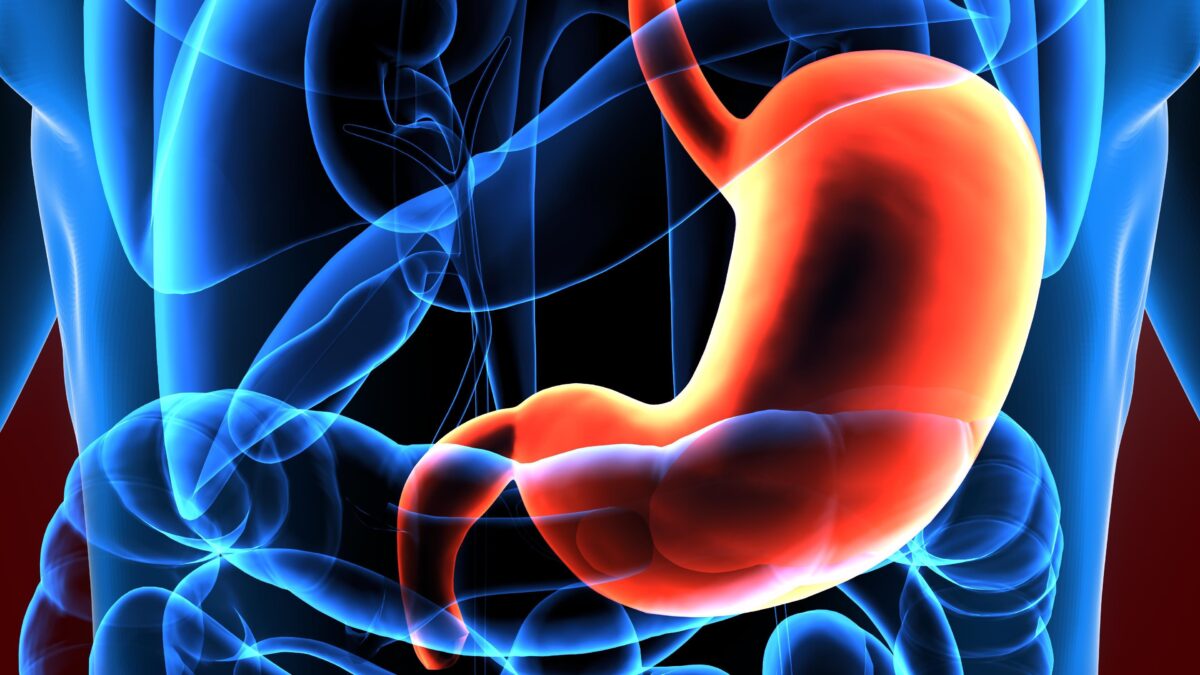


Stomach cancer, also called gastric cancer, has a higher incidence and mortality rate than other types of cancer.
On March 10, Japan’s second top men’s national volleyball team passer, Naonobu Fujii, died of stomach cancer at the age of 31. The news devastated Japanese volleyball fans.
Gastric cancer is the second leading cause of death among Japanese men, and the fourth cause of death for Japanese women, with 28,043 and 14,888 deaths reported in 2019, respectively. Japanese doctors warn that quitting smoking, maintaining a healthy diet, and getting regular physical exams can effectively prevent stomach cancer.
In the United States, there were more than 26,000 new cases of stomach cancer, with over 10,000 deaths in 2022.
There are various types of stomach cancer, such as adenocarcinoma, lymphatic cancer, and malignant sarcoma. However, most stomach cancers are caused by adenocarcinoma, a malignant tumor formed from gastric mucosal gland cells.
Dr. Junko Tokunaga, a medical professor at the Institute of Medical Sciences of the University of Tokyo, told The Epoch Times, that there are no noticeable symptoms in the early stages of stomach cancer. By the time many patients are diagnosed, their stomach cancer cells have spread to other organs and tissues, causing more severe conditions in the middle and late stages.
Clinically, patients with gastric cancer may have the following symptoms:
Older people have a greater risk of stomach cancer.
The incidence of stomach cancer in significantly higher in men than women.
People with a family history of stomach cancer have a greater risk of developing the disease.
Stomach cancer is more common in Asians than in Europeans and Americans.
Pickled, salted, and smoked foods can increase the risk of stomach cancer. Fresh fruits and vegetables can lower the risks.
This bacteria causes inflammation and peptic ulcers, which will increase the risk for stomach cancer.
Previous gastric surgery or having diseases such as anemia and chronic gastritis, may lead to a higher risk of stomach cancer.
The risk of gastric cancer increases when exposed to certain chemicals and dust at work that are linked to stomach cancer.
Studies have shown that overweight men have a higher risk of stomach cancer. However, there is no correlation between female obesity and stomach cancer.
A healthy diet and regular examinations are crucial to protecting stomach health.
Wang Yingwei, director of the Taiwan National Health Department, recommends two ways to protect stomach health.
If you have any gastrointestinal symptoms, such as long-term stomach pain, bloating, indigestion, or poor appetite, you should seek a medical consultation as soon as possible.
If you are in the high-risk group for stomach cancer due to a family history of stomach disease, discuss this with your physician as well as possibly testing for helicobacter pylori, which has specific treatment protocols.
